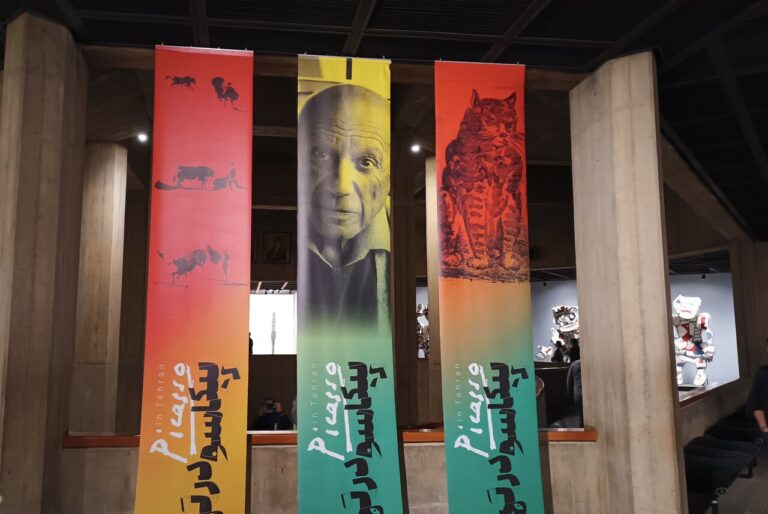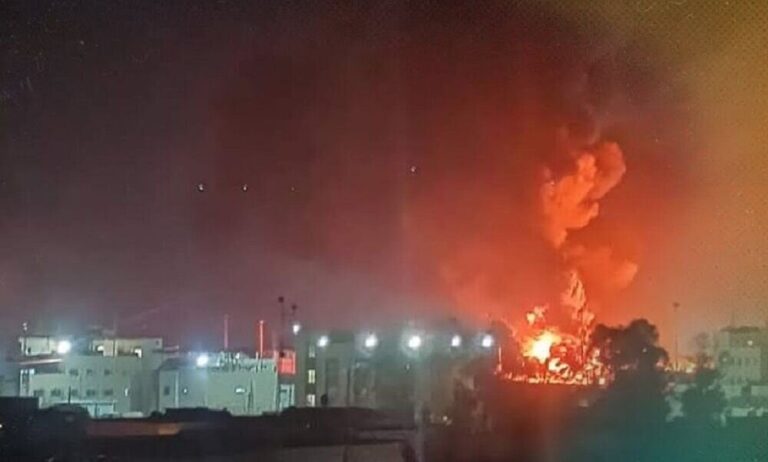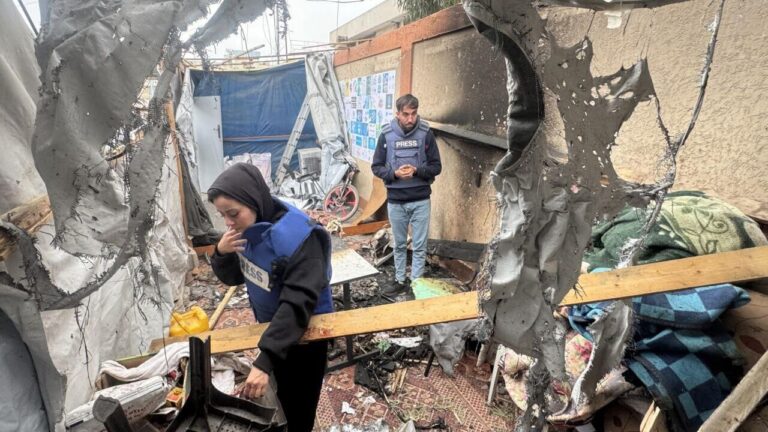Yemen Threatens Retaliation Against Israeli Regime Amid Escalating Gaza Conflict
The recent comments by al-Houthi highlight the ongoing tensions between the US and various Muslim nations, emphasizing the discord that has emerged among these countries. In his speech on Tuesday, he stated, “The US Western allies are benefitting from discord among Muslim nations.” This reflects a growing sentiment among leaders in the region regarding the perceived intentions of the US government.
Al-Houthi criticized the US for its lack of goodwill towards Muslim nations, asserting that the US government is continuously seeking to exploit the resources of other nations. He mentioned that President Donald Trump has made it clear that the US views other countries as “cows waiting to be milked.” This metaphor underscores the belief that the US prioritizes its own interests over genuine partnerships with these nations.
Furthermore, al-Houthi described the “Zionist project” as a threat to the entire Islamic Ummah, claiming that it aims to corrupt young Muslims through its infiltration of educational systems in Islamic states. He stated, “The Zionist project is destructive, hostile to Muslims, and wants to destroy Muslim identity.” This assertion highlights the concerns regarding cultural and ideological influences that are perceived as detrimental to the integrity of Muslim communities.
In his remarks, al-Houthi pointed out the failures of Arab regimes that have relied on the support of the US and the UK, stating that they “have lost everything they had because of naivety.” He added that the US appears to be treating the Gaza Strip as if it were a piece of real estate to be occupied. This statement reflects the ongoing humanitarian crisis in the region and the challenges faced by the Palestinian people.
Al-Houthi expressed confidence in the resilience of the Palestinians, stating, “Palestinians will respond with steadfastness to plots hatched by the US.” His comments serve as a rallying cry for solidarity among Muslims in the face of external pressures and interventions.
He further praised Iran’s unwavering support for the Palestinian cause and the Axis of Resistance in the West Asia region. Emphasizing readiness for immediate action, he warned the Israeli regime of the potential consequences if they escalate their attacks on Gaza. “Our fingers are on the trigger, and we are ready to respond immediately if the Zionist regime intensifies its attacks on Gaza,” al-Houthi stated, indicating a readiness to defend against any aggression.
In his condemnation of President Trump’s plans for the forced displacement of Palestinians in Gaza, al-Houthi labeled it a “destructive and aggressive project.” He believes this initiative is part of a larger scheme aimed at seizing the lands of the Islamic Ummah, emphasizing the need for unity and resistance among Muslim nations.
Al-Houthi also cautioned Arab leaders who might consider cooperating with the US on these plans, warning them that the Americans would not hesitate to abandon their allies when it suits their interests. This sentiment underscores a growing awareness of the precarious nature of alliances based on external powers.
- US Interests vs. Muslim Nations: Al-Houthi’s remarks emphasize a view that the US is primarily focused on its own interests, often at the expense of Muslim nations.
- Corruption of Youth: The infiltration of educational systems is seen as a method to corrupt the values and beliefs of young Muslims.
- Resilience of Palestinians: The steadfastness of the Palestinian people is underscored as a response to external pressures.
- Warning to Arab Leaders: Cooperation with the US can lead to abandonment when it no longer serves American interests.
In summary, al-Houthi’s speech encapsulates a critical view of US foreign policy concerning Muslim nations and the ongoing conflicts in the region. His call for unity among Muslim countries against external interventions resonates with many leaders and communities who share similar sentiments about the geopolitical landscape. As tensions continue to rise, the implications of these statements could be significant for future relations among nations in the region.






